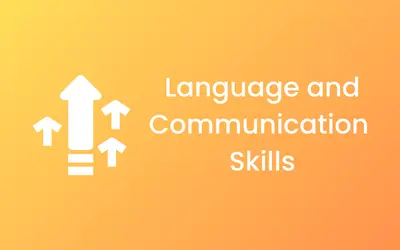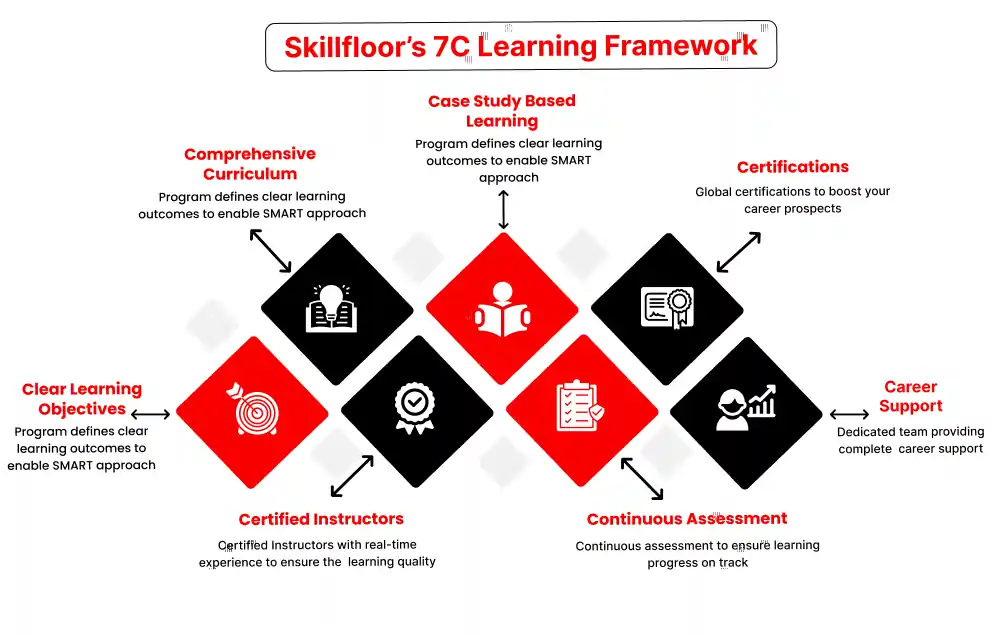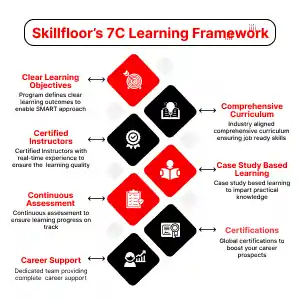Language And Communication Skills
SKF-JRS-912
-

-
(312 Reviews)
- Career: Gaining skills in language and communication will improve your job possibilities. Take on a variety of tasks where successful communication is a must.
- Skills: Become more confident, clear, and fluent in your language use. Develop your interpersonal skills to succeed in workplaces and create lasting connections.
- Internship: During a one-month internship, you will get practical experience and apply your language and communication skills in everyday situations. Increase the size of your network and create prospects for future employment.








